A Foundation for the Future
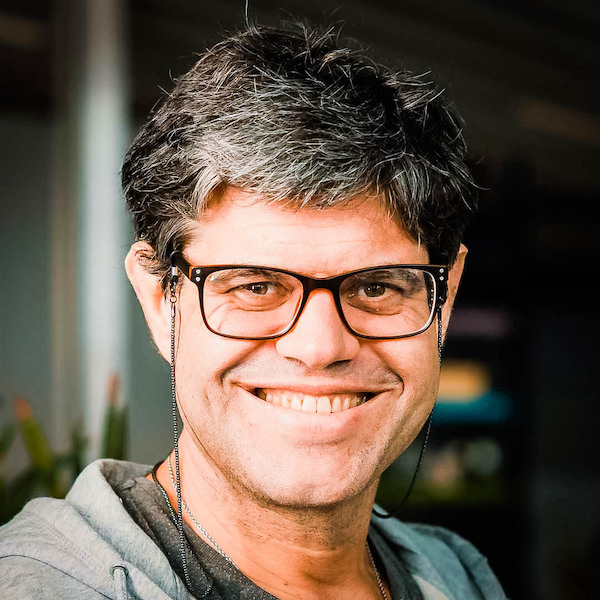
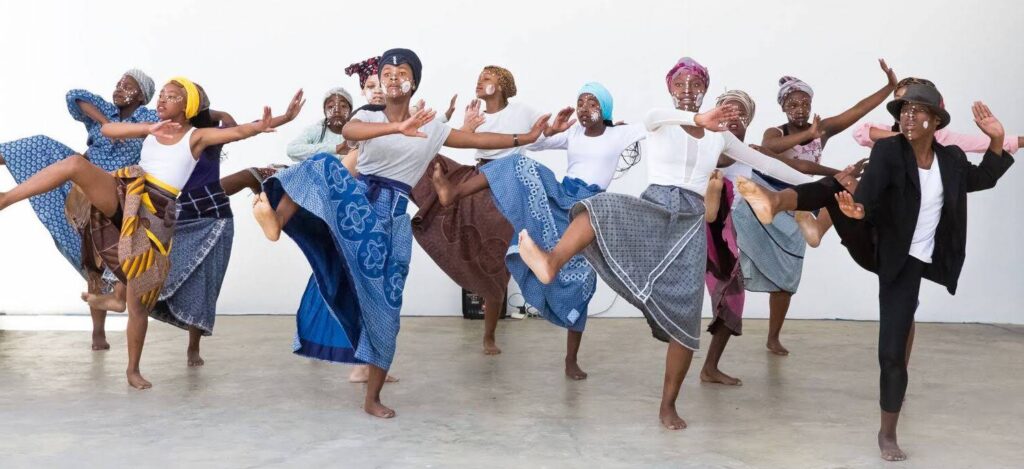
This year Hout Bay NGO Amoyo Performing Arts Foundation and Cape Town based Voys Telecom officially embarked upon what is sure to be a rich and rewarding partnership. Both organisations share a vision of a more successful South Africa and believe the alliance will bear valuable fruit.
The Discipline of Dancing
The idea that intensive training in the performing arts can lay the foundation for a glittering business career may strike one as unusual. If you plan on climbing corporate ladders and blitzing boardrooms, surely the soundest strategy is to memorise accountancy textbooks, annual reports and the biographies of Richard Branson and Bill Gates?
This might be a vaguely general rule, but the exceptions that disrupt it are numerous and notable. For one thing, the combination of discipline, rigour, commitment, focus and hard work required to excel as a dancer are all qualities that are fundamental to success in just about any field of human endeavour. For another, the creativity, confidence, spontaneity, self-expression and passion stimulated by dance can likewise be filed under the list of soft skills increasingly in demand by the workplace of the 4th Industrial Revolution.
This is the underlying principle of The Amoyo Foundation, the NPO in Hout Bay, Cape Town, which is dedicated to uplifting the community, one child at a time, through the performing arts. In essence, Amoyo is an after-school skills development initiative whose vision it is that each Amoyo child will continue into tertiary education after school. Equipped not only with performing arts skills but also with the technical skills, vocational skills, self-esteem, self-confidence and self-discipline required to succeed in life.
As Kim Conley, co-founder, CEO, drama teacher & mindset and communications coach, puts it: ‘With every new dance step learnt, with every new drama skill acquired, with positive feedback each and every day, children blossom in ways that might seem unfathomable to many.’
Yet the path less travelled is nevertheless travelled well. ‘I’m one of these people who believes we should be teaching people music, philosophy, history, art, dance and more,’ says Carly Fiorina, CEO of Hewlett Packard. ‘My degree in mediaeval history may not have prepared me for the job market, but it did prepare me for life,’ she says.
Disney CEO Michael Eisner, despite his corporate pedigree, studied literature. ‘Literature is unbelievably helpful, because no matter what business you are in, you are dealing with interpersonal relationships,’ he says. ‘It gives you an appreciation of what makes people tick.’
The moral of the story is that unorthodox thinking from unconventional fields, when applied to orthodox, conventional business problems, brings with it the creativity, critical thinking and complex problem solving skills required to solve those self-same problems. That’s pretty much the philosophy of design thinking in a nutshell.
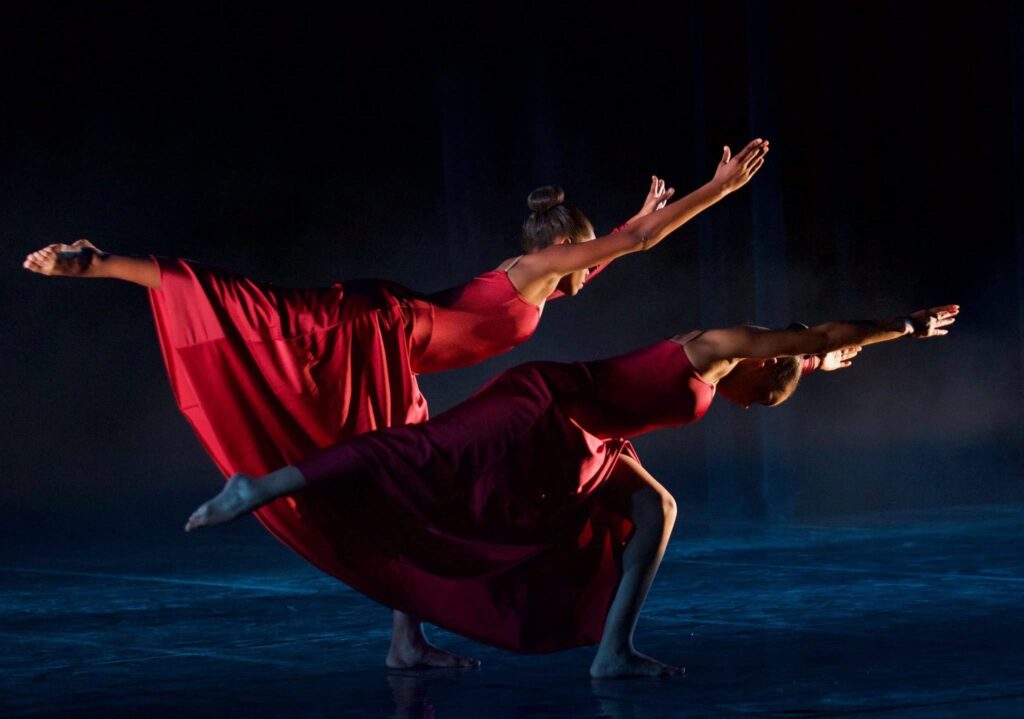
Solid Ground
In this regard Amoyo is so much more than just a performing arts training programme. The classes are a platform to engage with the local youth that shows them they are cared for and supported by an organisation dedicated to developing them into successful, employable adults.
This is crucial in the context of children growing up in a township where poverty, neglect, lack of facilities, drugs, crime, unwanted pregnancies and a host of other socio-economic iniquities work to derail even the most determined of individuals.
The Amoyo journey aligns skills development with self-respect; respect for others; integrity; emotional intelligence and communication skills. These are the qualities called for to rise to the challenges of a demanding, fast-paced professional world beyond the harshness of the immediate environment experienced by most Amoyo children.
This is great in theory. However, as usual, the proof of the pudding lies in the eating. Bulelani Bomeni is a softly-spoken young man who credits the changed perspective he has upon life to the Amoyo performing arts programme.
‘At first I didn’t want to dance because I was afraid of being judged,’ he says, echoing the trepidation sensed by many young men as a result of the lingering social stigma that ‘dancing is for girls’. However Bulelani took the plunge and it has been a rewarding one. ‘The programme was amazing,’ he says. ‘Through that programme I have learned to be courageous. I’ve learned to become a leader. I’ve learned to become brave and strong – mentally and physically – and I’ve learned to become kind, loving and sharing.’
For those young men in the community not quite ready to take the leap of faith in a pair of dancing shoes, Amoyo also provides extra-curricular classes in more traditionally masculine forms of self-expression such as djembe drumming, pantsula dancing and gumboot dancing.
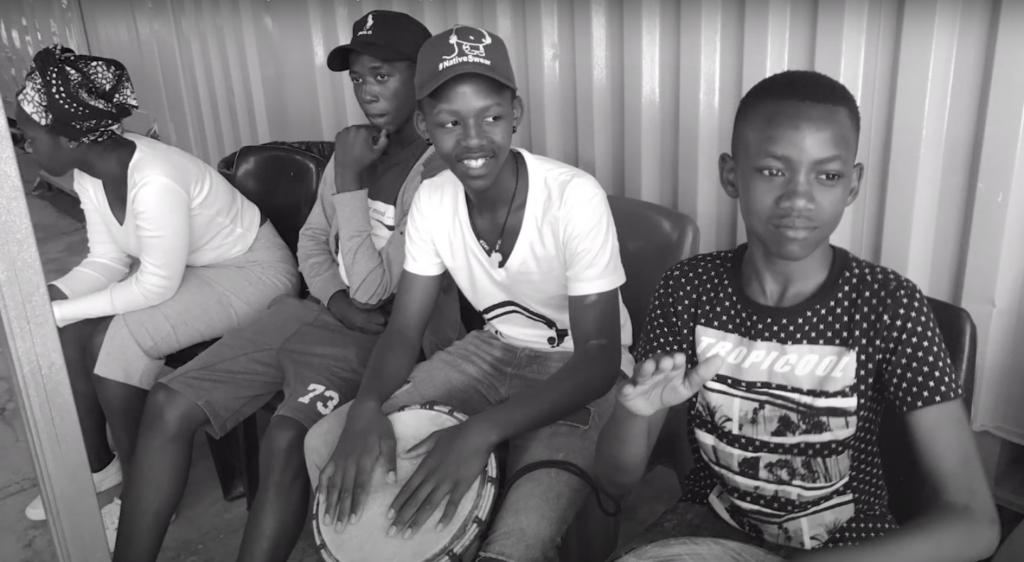
A Place Called Home
Like many an NGO, Amoyo yearns to be financially sustainable. Not simply because it would create respite from the constant headwinds of procuring funding; securing venues and paying personnel but because it would allow the organisation to bring its vision to fruition.
‘Our ultimate dream is to have our own facility,’ says Kim. ‘Much of our work is impeded because we don’t have money to pay teachers or hire venues. The ideal would be a facility with at least six studios; a dining area; a study room and a proper kitchen so we can give our kids a nutritious meal after school, and a computer room. Even though we use performing arts as our main medium we also want to empower our children by being digitally literate by the time they leave school.’
Amoyo has its eye on a building in Hout Bay for which they would need to raise around $1 million. That’s around R15 million, give or take. While that might seem like a bridge too far, such an investment in the foundation would eliminate the need for any further funding as it would allow Amoyo to operate as a traditional business.
The site would of course house the Amoyo campus. But, since the foundation is in the after-school space, the facilities could be rented out during the day for conferences, courses, workshops, gym classes, yoga classes etc. as well as to other organisations who work in community education.
This would also allow Amoyo to expand its current revenue-generating range of professional performance offerings. At present the foundation does paid gigs for corporations, weddings, birthday parties and overseas tour groups. With their own fixed venue, they could expand their curricula, broaden their repertoire and grow their customer base.
At this point the NGO model would give way to one of social entrepreneurship: skills development, job creation and revenue generation would result in the establishment of a financially independent and self-sufficient organisation able to pay its employees and re-invest its earnings back into its own running and growing costs.
Until such time, however, Amoyo remains steadfastly dedicated to providing the children of Imizamo Yethu and Hangberg with the kind of nurturing, caring, training and life-skills instruction to prepare them as much as possible for the world of work.
‘Our aim is for Amoyo to not just be a place where the kids come after school for a class and leave: they spend the afternoon and early evening with us, getting a proper meal and having a quiet place with electricity where they can complete their homework,’ says Kim. ‘Amoyo will always be about building up children so that when the reality of finishing school hits, they have the skill sets, the aptitude and the attitude to adapt to the real world.’
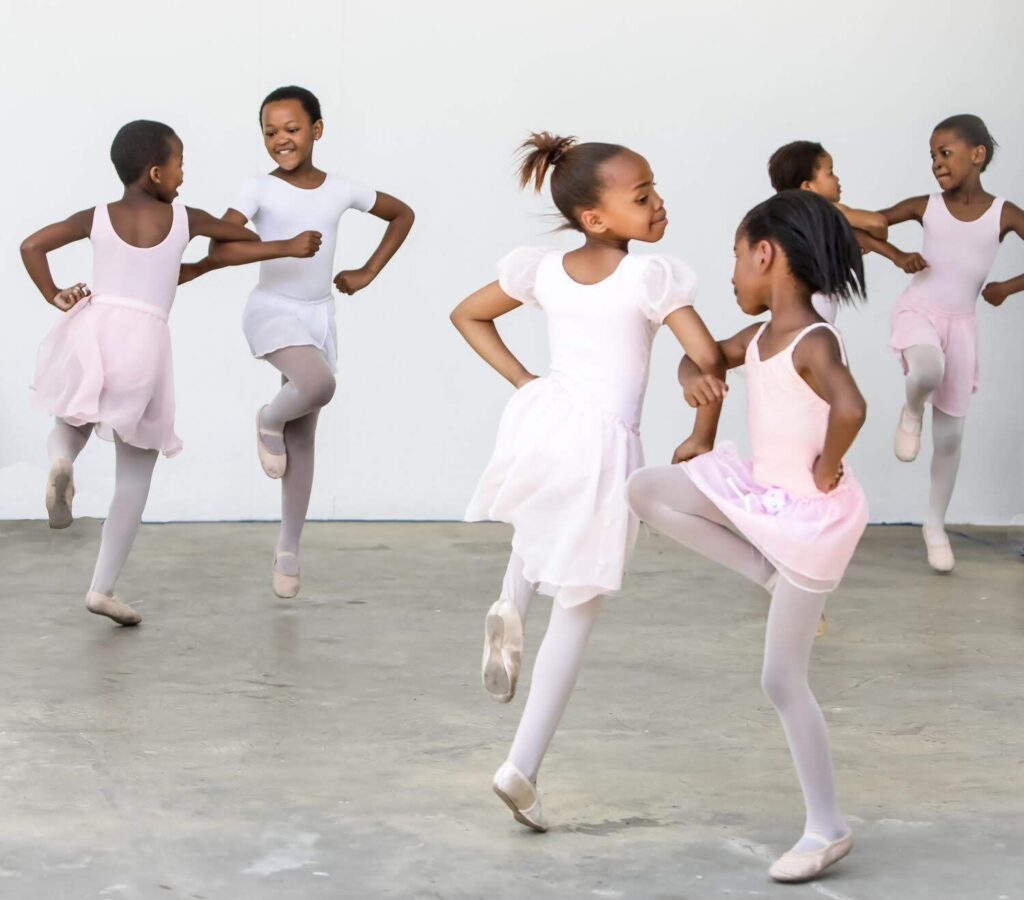
Better Together
Voys South Africa might not be quite in the Bill Gates bracket where we can fish a million dollars out of our wallet without batting an eyelid. Yet what we can do, as a young South African telecom company with equally big dreams for the country and its people, is provide Amoyo with a premium professional business phone system.
This will help the foundation to build and maintain vital links to funding sources as well as allow their organisational operations to run smoothly, seamlessly and professionally.
‘The Voys partnership is twofold,’ says Kim of the recently forged relationship. ‘It boosts our morale knowing that a corporate entity recognises the value that we offer. We have to count every penny, so knowing that our communication capacity is taken care of is a huge relief and allows us to focus more on other important areas. If we can get more corporates to take on operational overheads, then the flexible funding that comes in can be assigned to more pressing areas of concern.’
It’s no secret that South Africa’s schools are currently in a parlous state. Many of them are simply not equipped to provide the country’s kids with the kind of hard and soft skills to negotiate and conquer not only tertiary education but the business world beyond it. Furthermore, the bleak environment many of these children are faced with often makes the challenges nigh insurmountable. As a result, a great deal of potential goes to waste.
It is thus imperative that organisations such as Amoyo exist. They might not be able to save each and every child from an uncertain fate. However, each one that manages to make the crucial correction – whether it be through dancing, drumming, surfing the internet or simply being shown love and respect – is a glimpse into the kind of future that South Africa is capable of building.
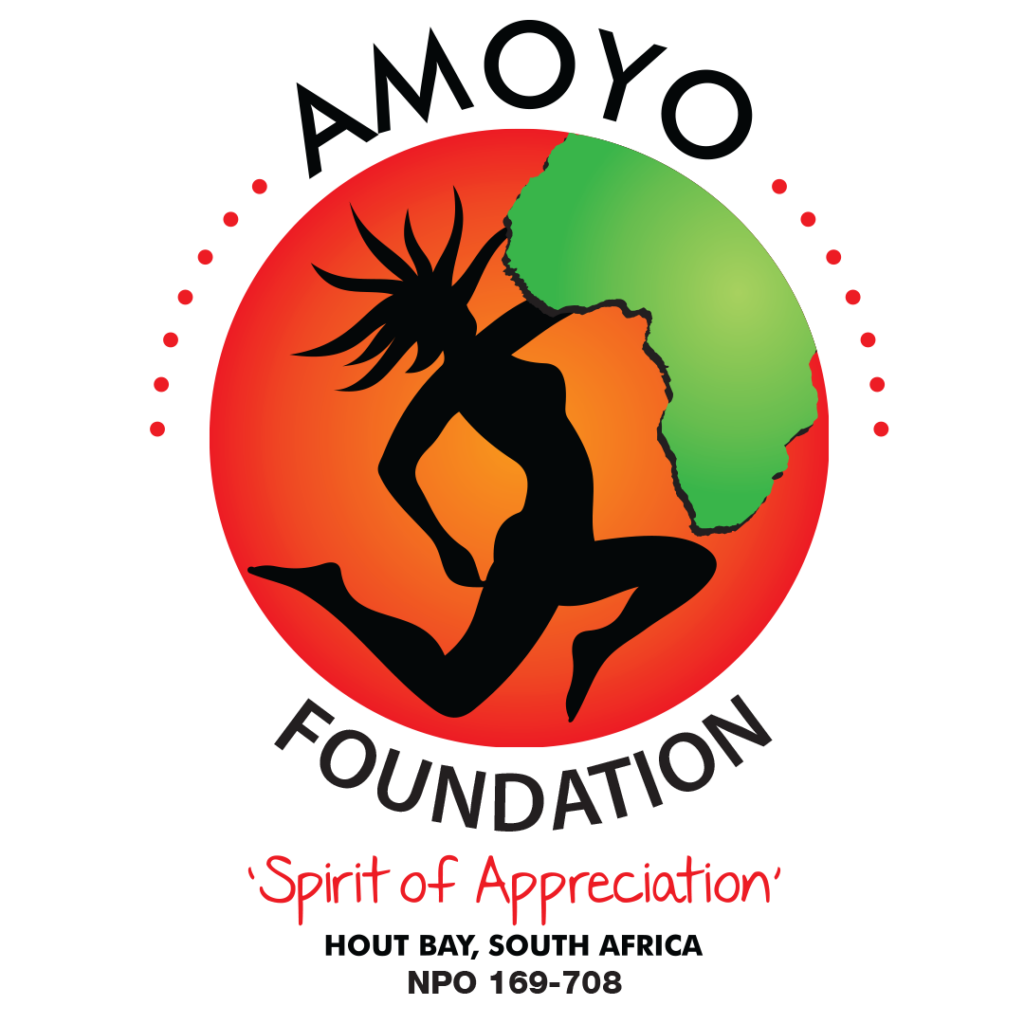
Keen on a quarterly slice of succinct insights from the inside track? Sign up to our newsletter.
Sign Up!